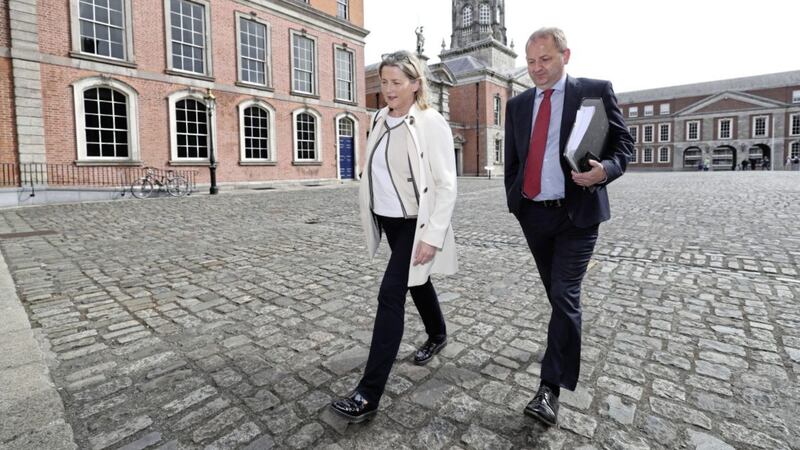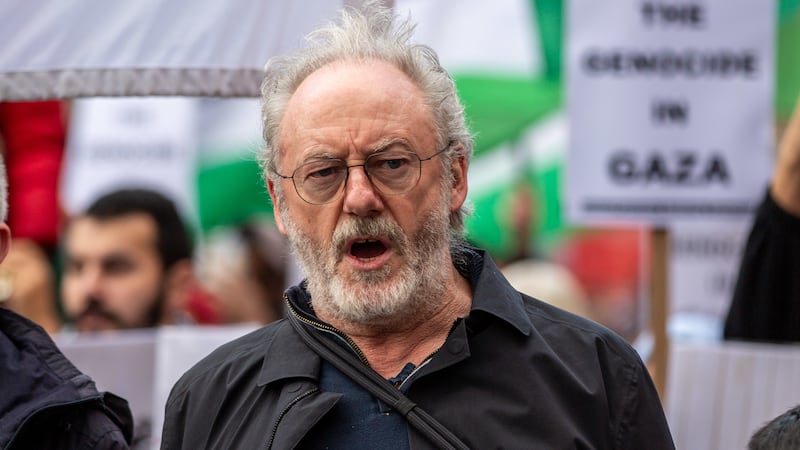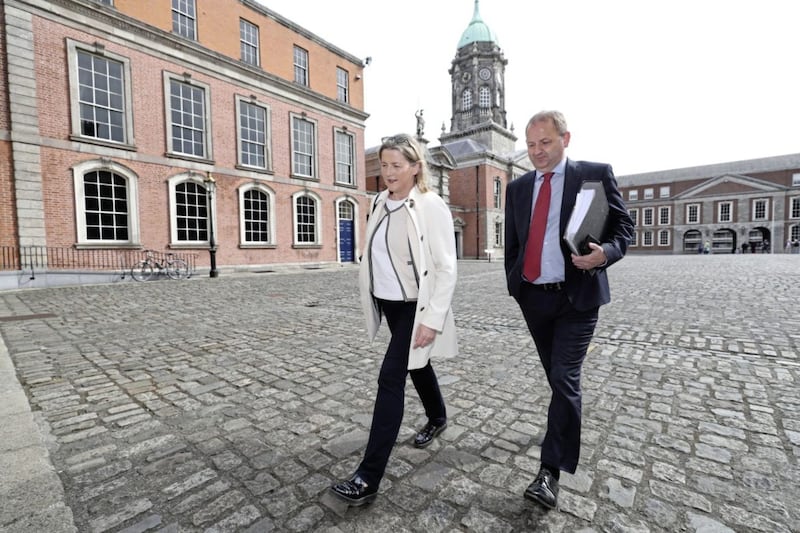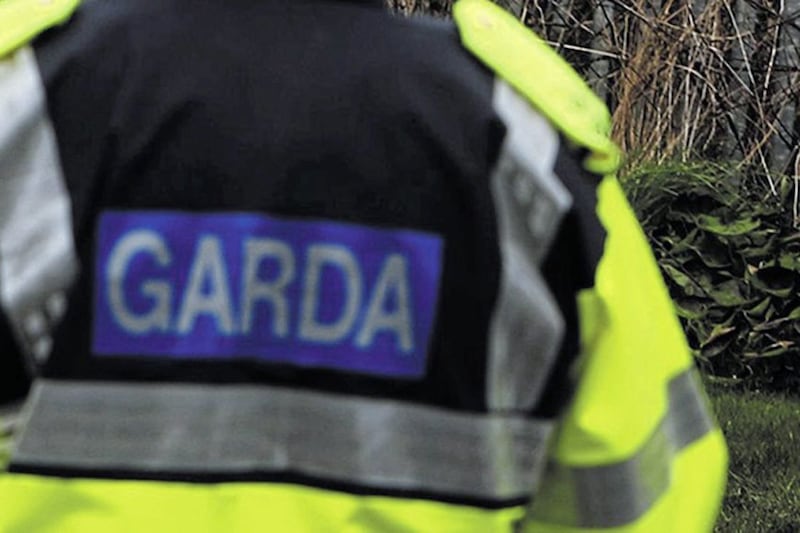The Garda ombudsman is not involved in implementing a government plan on the future of policing, a committee has heard.
The Garda Síochána Ombudsman Commission (GSOC), which investigates complaints made about the police, told the Oireachtas Justice Committee on Wednesday that the bulk of those involved in the plan are civil servants.
Justice Mary Ellen Ring, chairperson of GSOC, said that her organisation had just one meeting with implementation personnel of the four-year plan Policing Service For The Future which is to be enacted by January 1 2021.
"It's clear, as one looks at the membership, there is significant membership from secretary generals from throughout the public service, similarly, deputy secretary generals, a significant number of cross-departmental representatives, also not surprisingly, the garda commissioner," she said.
"As the legislation is also going to deal with new structures in terms of oversight, I can't help you as to why it wasn't thought there wasn't representation from current oversight bodies.
"We had one meeting with implementation personnel, they continue their work at their rate, they have an ambitious timetable under the Department of an Taoiseach and it would appear they are anxious to make change."
Independent TD Clare Daly replied: "I have to say, hand on heart, on what you've said, I'm very worried about where this is going.
"You were here three years ago, legislation was drafted, and could be in place now, but now we're in a situation where you haven't seen any paperwork at all, you've no idea what aspects are included in it, and you can put on the public record that the body looking at the implementation, is heavy on civil service, heavy on gardaí, and has zero involvement from oversight bodies, and that is actually scary and unhelpful.
"It's an appalling spectre but not surprising."
A complete overhaul of the Garda was recommended after being dogged by years of controversy, including a whistleblower scandal which resulted in a major tribunal which highlighted dramatic shortcomings in protection for those who make complaints about the force.
The Charleton Report found that whistleblower Sgt Maurice McCabe was "repulsively denigrated for being no more than a good citizen and police officer".
The number of whistleblower complaints requiring investigation by the ombudsman doubled last year from 24 to 49, the organisation has repeatedly raised concerns about a lack of resources to investigate the complaints properly.
GSOC also told committee members that comprehensive oversight of the force is not possible because the Garda continues to conduct investigations into complaints without informing the watchdog.
If GSOC and Garda are both investigating the same complaint, the committee heard that the two organisations will not communicate or share information, and GSOC cannot publish their report if the Garda has not completed their investigation, which can stall any outcome for the complainant.
It was noted that making complaints can be an incredibly stressful and difficult, and officers are often on sick leave with their work or personal life suffering in the interim.
Justice Ring added her organisation at times only became aware of incidents involving officers after they "picked up the paper or heard it on [RTÉ Radio's] Morning Ireland", and were told by gardai after inquiring, that they were being investigated internally and it "didn't occur" to officers they had to inform GSOC.
She added that the system of investigating protected disclosures was "working well enough" however they have difficulty in any case knowing whether they have been supplied with all relevant information.
"We can get what we ask for, but we don't always get what is relevant, we have to accept we've gotten everything," she added.
"We don't know sometimes whether we have everything and we have no sanction in that regard, it's an ongoing issue, and it may be that it's something that will always exist, short of us going into every press ourselves."




